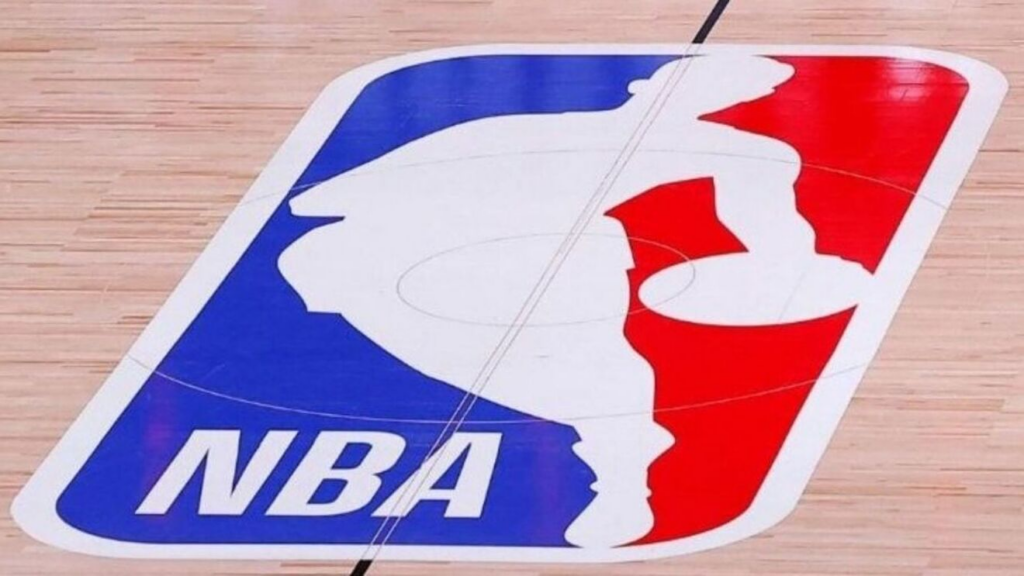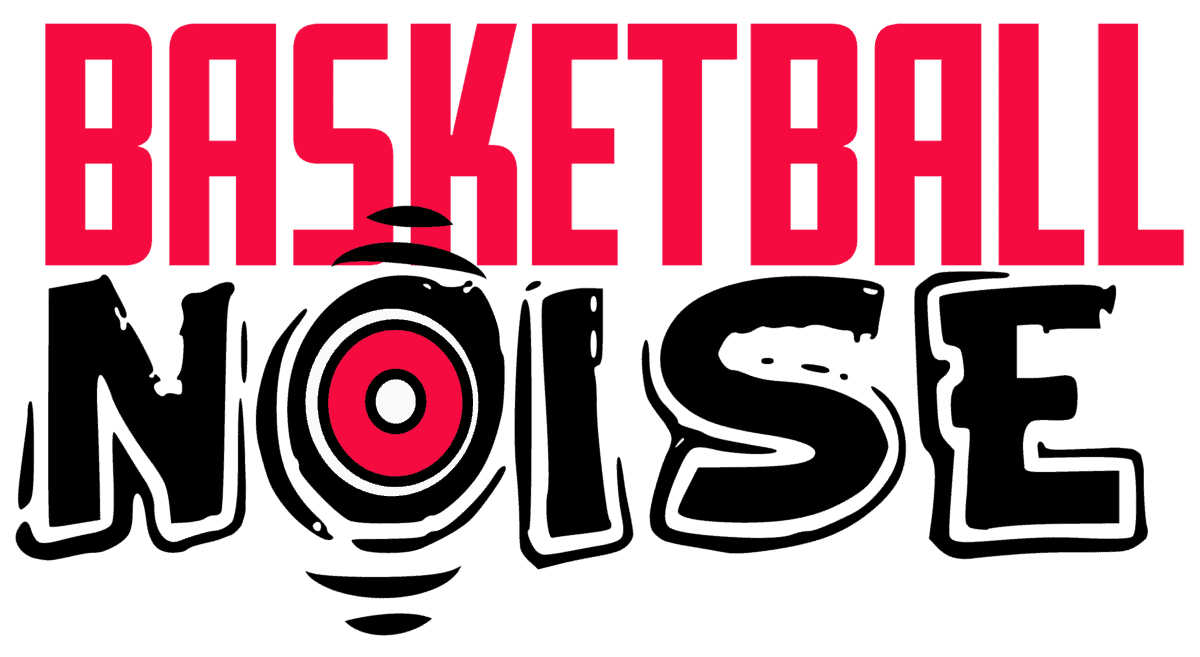While the NBA is a professional basketball league, it is also a multi-billion dollar business. An NBA team is more than just the athletes playing the game on the court: it consists of hundreds of owners, executives, and staff running the behind the scenes of the organization. Managing the financial aspects of the organization is essential, with one of the top priorities being the players’ salaries. While NBA players are some of the most well-paid athletes on the planet, it’s extremely important for the organization to keep players’ salaries in check with what the organization is capable of generating – everyone wants to make a profit.
Are NBA teams allowed to go over the salary cap? Yes, NBA teams are allowed to go over the salary cap within certain rules and boundaries. Exceeding the salary cap is only penalized if the team has either exceeded the cap by the set limit, or for exceeding the cap in a way that the NBA has not created exceptions for.

What is a salary cap?
A salary cap is the maximum amount of salary an NBA team can pay its roster (similarly, there is a salary floor that denotes the minimum amount of salary). The salary cap is determined by the collective bargaining agreement (CBA) between the NBA and the NBA Player’s Association (NBPA). The salary cap is calculated as a percentage of the total basketball-related income of the NBA, then divided by 30 to determine the salary cap for each team.
When did the NBA first implement a salary cap?
The NBA first implemented a salary cap during the 1940s, but after just one season, it was no longer used. The NBA brought back the salary cap for the 1984-1985 season, and has kept it since, although changes to the salary cap are frequent due to CBA negotiations every few years.
Why does the NBA implement a salary cap?
A salary cap is important to keep the NBA competitive. It allows for teams to operate on a relatively even playing field, by not allowing some teams to pay too much (similarly, the salary floor prevents teams from paying too little). This allows teams to be able to attract and retain talent, and doesn’t give unfair advantages to certain teams who may have more money to spend. A salary cap is also important to give players fair salaries. The NBA has a rule that 90% of the salary cap must be used, meaning that players are receiving a fair share of the basketball-related income that teams are getting. Without a salary cap, there will be a huge competitive disparity that is not in the best interest of teams, players, fans, and the NBA in general.
What are the two types of salary caps?
There are two types of salary caps: a hard salary cap, and a soft salary cap. A hard salary cap, like the ones in place in the National Football League (NFL) and the National Hockey League (NHL), does not allow teams to exceed the salary cap, or provides extremely limited exceptions. Exceeding the hard salary cap can result in severe penalties, such as heavy fines, canceled contracts, and confiscated draft picks. A soft salary cap, like the one in place for the NBA as well as other leagues like the Major League Soccer (MLS), allow for teams to exceed the salary cap, provided that they are in line with the provided exceptions.
What are some ways an NBA team can legally exceed the salary cap?
Because of the soft salary cap, the NBA has provided exceptions which allow NBA teams to legally exceed the salary cap. One major exception is known as the “Bird” rule (named after Celtics legend Larry Bird, but officially known as the “Qualifying Veteran Free Agent Exception”) , which allows teams to exceed the salary cap to re-sign their own player at the maximum player salary, on the condition that the player has played for that team for the past 3 seasons. Other variations of this exist for players who have played for that team for the past 2 seasons (“Early Bird” rule), or player who has only played for one season or less, or does not qualify for the “Bird” or “Early Bird” rules (“Non-Bird” rule).
Other exceptions include the mid-level exception, the bi-annual exception, the rookie exception, and the minimum salary exception, among others. All of these exceptions allow an NBA team to legally exceed the salary cap.
What happens if an NBA team illegally exceeds the salary cap?
There is a limit to how much an NBA team can exceed the salary cap by, even if it is through the legal exceptions that are in place. This threshold is called the luxury tax threshold; if a team’s salary goes beyond this threshold, they are required to pay a luxury tax. This is usually a specific amount within various tax brackets: for example, an NBA team needs to pay a $1.50 luxury tax for every dollar they spend above the luxury tax threshold, up to $5 million. If a team is $5 million to $10 million, they need to pay $1.75 for every dollar they spend in that tax bracket, as well as the $1.5 they need to pay for every dollar in the lower tax bracket. Repeat offenders of the luxury tax threshold (classed as teams who have paid luxury taxes in at least 3 of the previous 4 seasons), are subject to even higher tax rates.
What does the NBA do with the luxury tax?
Up to 50% of the luxury tax is split among teams that do not pay the luxury tax: this is to reward these teams, while also punishing luxury tax teams by “strengthening” their opponents.
What is the salary cap for the 2022-2023 NBA season?
The salary cap for the 2022-2023 NBA season is set at $123.655 million.
While the NBA has a salary cap, most teams find themselves exceeding the salary cap regularly. Certain teams with rich and eager owners often find themselves above the luxury tax threshold as well. While there may be concerns about how competitive parity can be kept as long as teams are willing to go over the salary cap and even the luxury tax threshold, the benefits of the salary cap are still there: all but 1 team has made an appearance in the NBA playoffs at least once in the 2010s.
What is the most expensive NBA Roster ever assembled?
No surprises, but given the ever increasing money generating nature of the NBA, a new record is set quite regularly as the salary cap and maximum salaries increase along with NBA revenue. Currently the record is held by the 2021/22 Golden state Warriors. Who also won the title that year, causing some commentators to brand them a “cheque book title team”. We cover this and the intricacies of how the Warriors got there in more detail here.
